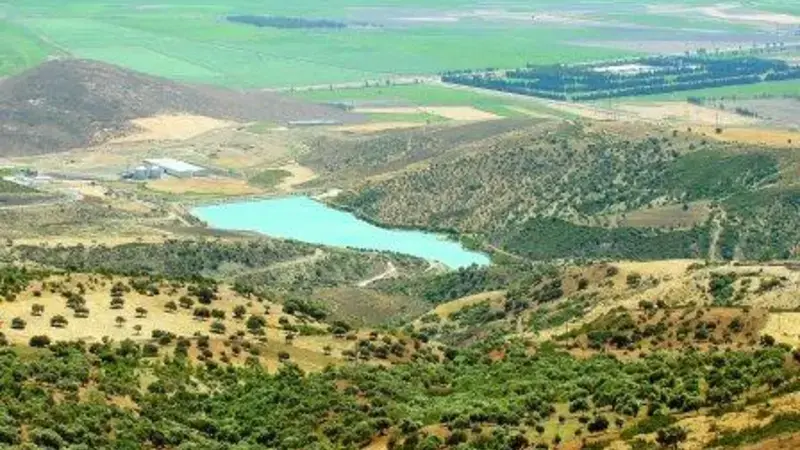A resilience agenda for the Mediterranean
Published Date
April 30, 2015

Parts of the Mediterranean basin are some of the regions predicted to be worst affected by climate change.
Changes in climate patterns are already having their most acute effect on people living in the world’s dry areas and marginal lands – including Mediterranean countries across the Near East and North Africa.
Given that rural communities in these regions are largely dependent on agriculture for their livelihoods, it follows that agricultural innovations provide the primary protection against climate-related effects, and should be recognized as strategic priorities to combat climate change.
In an ICARDA report on the water and food security challenges now facing the Mediterranean region, delivered at the International Seminar on Water and Food Security in the Mediterranean (SESAME), the solution was made explicitly clear: many of the most effective climate change interventions have their roots in agriculture.
Presented by Dr. Mahmoud Solh, ICARDA’s Director General, and Dr. Kamel Shideed, the Center’s Assistant Director General for International Cooperation, the report outlines a plan of action focused on targeted agricultural investment in the development of new technologies and practices, backed by robust policies, which have the potential to reduce vulnerability to drought and sustainably improve agricultural productivity.
The potential examples discussed included: improved crop varieties and livestock breeds; farming approaches that reduce risks and strengthen the resilience of production systems; and methods for making the best possible use of scarce water resources. Approaches such as diversification of cropping systems, more efficient water management, and conservation agriculture can contribute to securing livelihoods for rural communities living in marginal areas and increasing food and nutritional security.
Likewise, ‘climate-smart’ strategies and technologies will have an important role to play in helping producers to adapt to changing weather patterns and adopt more sustainable farming methods that protect fragile natural resources. Given the importance of agriculture to dryland countries, where farming is still the backbone of the economy, it is crucial that this sector receives the investment and policy support it needs to move forward.
Projections from the ICARDA-led CGIAR Research Program on Dryland Systems suggest that planned interventions will result in higher and more secure incomes for 87 million people in dryland systems, while improving the productive capacity of natural resources and reducing environmental degradation across nearly eleven billion hectares.
With the right mix of policies and innovations, it is predicted that within six years agricultural productivity and production could be increased by 20-30 percent in high potential areas, and 10-20 percent in low potential areas or marginal lands. Out-scaling of proven technologies will cover a far wider area and improve the standard of living of a much larger population.
SESAME, held in Paris, France, brought together over 150 experts and decision makers well-versed in the challenges confronting agriculture in the Mediterranean region. Discussions at the seminar will contribute to a policy brief, outlining an ambitious plan of action to transform and strengthen the resilience of the region’s agricultural sector. The event was also perceived as the first step towards establishing a ‘think tank’ to support the sector’s sustainable development.
For more information on SESAME visit: http://www.agropolis.org/news/2013-sesame-seminar-water-food-security.p…
